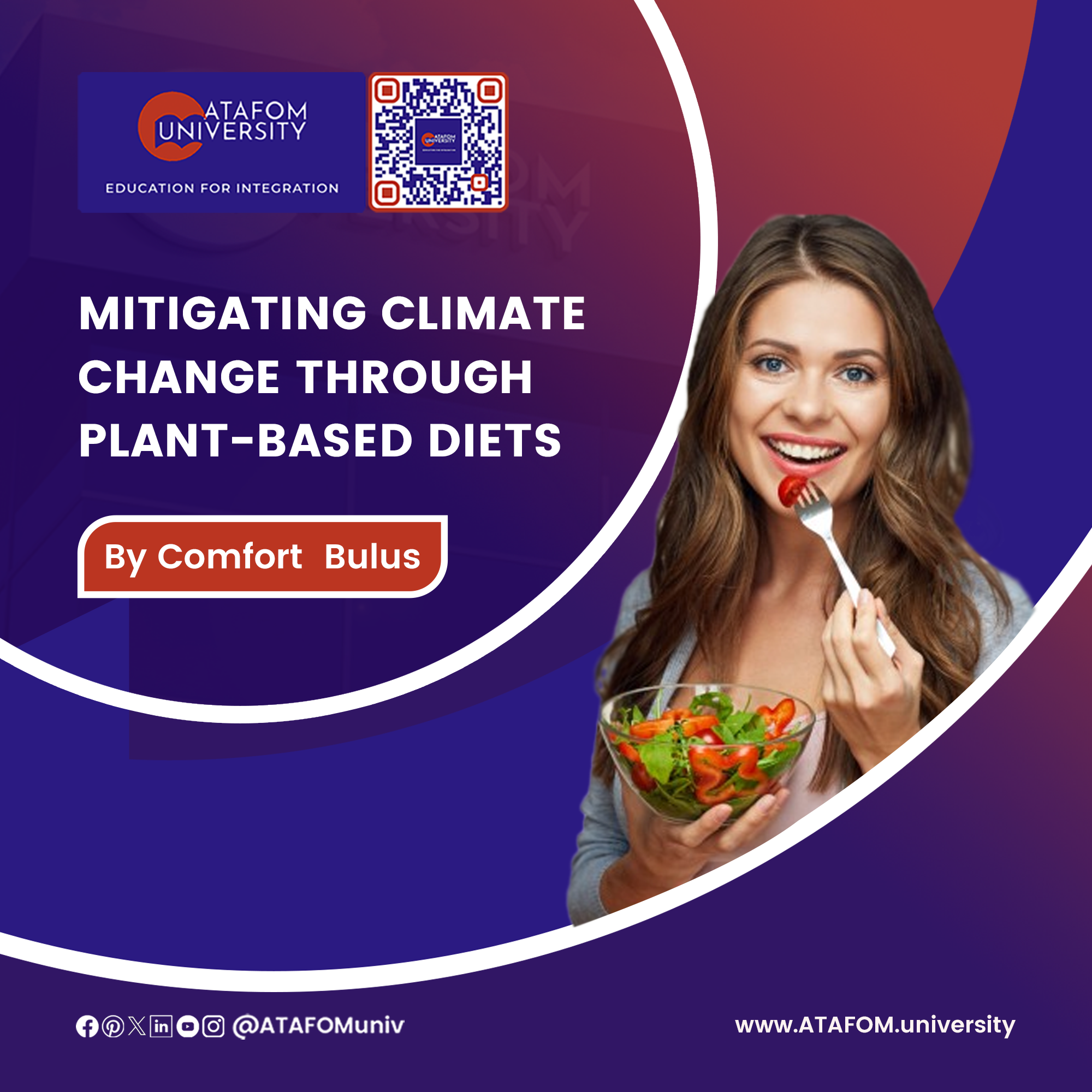A plant-based diet can aid in the fight against global warming by lowering greenhouse gas emissions, conserving water, and protecting habitats and species. Human activity is the principal cause of global warming, and adopting a vegan diet can considerably mitigate its effects.
According to the United Nations Food and Agriculture Organisation (FAO), livestock production accounts for 14.5% of worldwide greenhouse gas emissions. According to the Worldwatch Institute, it could contribute up to 51%. 37% of these emissions are caused by animal dung, which emits methane, a gas that heats the globe 20 times quicker than carbon dioxide. Other agricultural emissions include soil preparation, transportation, and crop production, all of which emit toxic gases such as nitrous oxide. Meat production necessitates more energy and emissions than vegetable and fruit cultivation. A plant-based diet can save 1.5 tonnes of CO2 each year.
Livestock and dairy products require large volumes of fresh water to survive, especially in locations where water is scarce. Animals require a substantial amount of water to drink and clean their living spaces. Animal protein takes 100 times the amount of water than grain protein does. Dairy products require a lot of water as well, with milk production requiring about 1,000 gallons of water.
Animal agriculture, which consumes 3.1 billion hectares of land worldwide for meat and dairy production, is the leading driver of habitat extinction and loss. Deforestation and desertification caused by livestock grazing destroy natural vegetation and promote soil erosion, resulting in the extinction of wildlife such as red pandas and sloths as well as a loss of carbon dioxide storage.
Plant-based foods use less energy and resources than animal products, making them a more environmentally friendly way of living. Even if you are not committed to removing meat from your diet, limiting your consumption to one or two less meaty meals per week can considerably cut global warming emissions. Meatless Mondays can also help to lessen the environmental effects of a plant-based diet.
Agriculture is overusing the planet’s resources, with extensive animal production contributing to greenhouse gas emissions and diminishing biodiversity. The proper use of existing croplands is critical for increasing agricultural yield. Converting pasturelands to croplands and ceasing livestock production, on the other hand, may result in more plant products, but this may jeopardise water quality, soil salinization, and the global water cycle. Fertilisers manufactured in the industrial sector are also a source of GHG emissions. Plant cultivation for biofuels may influence land resources as well. While the plant-only mindset may reduce GHG emissions, it may jeopardise water, land resources, and biodiversity. A move to monocultures may worsen unsustainable pesticide usage while also helping to mitigate and adapt to climate change.
A global approach to agriculture policies that balances environmental preservation and farmer income is required for the plant-based revolution. Governments and organisations must create equitable policy tools for farmers while also tackling food waste and supporting plant-based diets. There has been little research on veganism using freshly grown veggies, and GMO food is controversial. To establish the influence of demand and supply on climate change, policymakers must conduct in-depth risk evaluations. Furthermore, research and preventive measures are required to manage possible plant disease outbreaks. Sustainable land and water resource management enhances agricultural productivity, and ecological integrity, and decreases the impact of climate change. More research and preventive measures will be required to ensure agriculture’s long-term viability.


